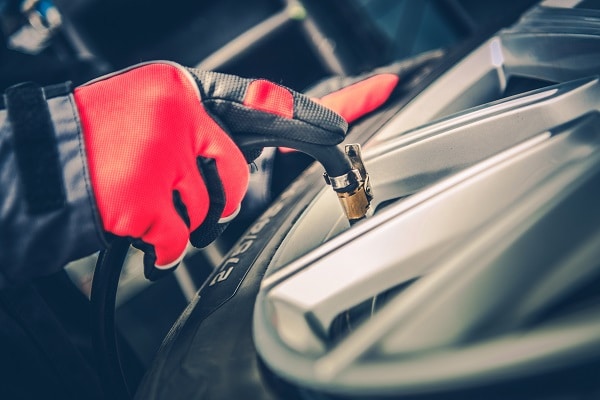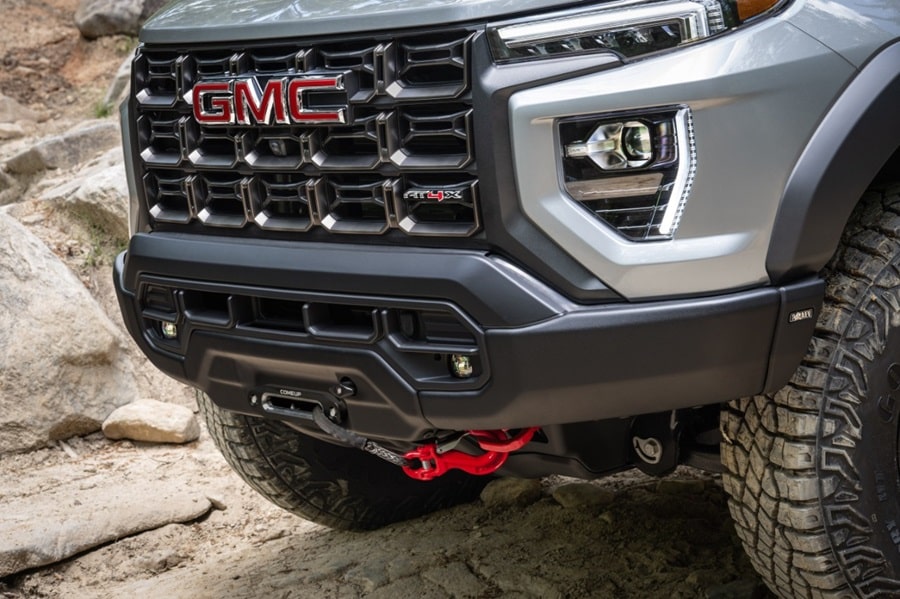Getting behind the wheel for the first time can be an exciting yet intimidating experience for young drivers. You may not know what to expect or how to handle it all – from navigating unfamiliar roads and avoiding hazards to understanding basic driving etiquette. But don’t worry; you’re not alone! This article brings you something equally important as passing your driver’s license – top tips on how to drive safely so that you make it through unscathed.
Contents
The Importance Of Safety For New Drivers
New drivers have to think about safety more than almost anyone else on the road. Without experience and training, new drivers need to be extra cautious when behind the wheel. Even simple precautions like buckling up, leaving enough space between other cars, driving slowly in difficult weather conditions, and avoiding distractions are key to keeping the roads safe.
Too often, new drivers fall prey to overestimating their skill level or managing speeds that they can’t handle in particular situations. It is essential for young drivers to realize that driving safely isn’t just following the rules of the road – it also requires staying alert and aware of any potential risks or dangers that may occur. Learning these lessons as soon as possible is vital for staying safe on the roads today and into the future.
Driving Tips For New Drivers
It’s no secret that safety should be the number one priority when you’re on the road. Here are some essential driving tips that every new driver should follow:
Understand And Follow Traffic Laws

Traffic laws are designed to keep drivers safe and prevent accidents on the road. As a new driver, it’s important to understand and follow these laws to avoid getting into trouble or putting yourself and others in danger. Some of the most important traffic laws to remember include:
- Following speed limits: Speed limits are set based on road conditions, and exceeding them can put you at risk for accidents or tickets. Pay attention to posted speed limit signs and adjust your driving accordingly.
- Obeying traffic signals: Stop signs, yield signs, and traffic lights are all designed to keep drivers safe and prevent accidents. Always obey these signals and pay attention to other drivers on the road.
- Yielding to pedestrians: Pedestrians always have the right of way, so be sure to yield to them at crosswalks and other designated areas.
Use Your Seatbelt

Wearing a seatbelt is one of the most important things you can do to stay safe while driving. According to the National Highway Traffic Safety Administration, wearing a seatbelt reduces the risk of fatal injury by 45% for front-seat passengers and 60% for rear-seat passengers. To properly use your seatbelt, follow these steps:
- Adjust the lap belt: The lap belt should be snug against your hips, not your stomach.
- Adjust the shoulder belt: The belt should fit snugly across your chest and shoulder, not your neck or face.
- Check for twists: Make sure the seatbelt is not twisted or tangled.
Avoid Distractions

Distracted driving is one of the leading causes of accidents on the road. As a new driver, it’s important to stay focused on the task at hand and avoid distractions such as:
- Electronic devices: Cell phones, GPS devices, and other electronic devices can be a major distraction while driving. Avoid using these devices while driving, or pull over to a safe location if you need to use them.
- Passengers: Having passengers in the car can be distracting, especially if they are loud or rowdy. Keep noise levels to a minimum, and avoid engaging in conversations or other activities that take your attention away from the road.
Maintain Your Vehicle

Proper vehicle maintenance is essential for safe driving. Regularly checking and maintaining your vehicle can help prevent accidents and breakdowns on the road. Some key maintenance tasks to keep in mind include:
- Checking tire pressure: Proper tire pressure is important for good traction and handling. Check your tire pressure regularly and inflate them as needed.
- Checking brakes: Brakes are essential for safe driving. Ensure your brakes are in good condition and have them serviced if necessary.
Adjust To Weather Conditions

Weather conditions can greatly affect driving conditions, so adjusting your driving accordingly is important. Some tips for driving in different weather conditions include:
- Rain: Reduce your speed and increase your following distance. Avoid sudden turns or stops.
- Snow and ice: Slow down and avoid sudden movements. Use snow tires or chains if necessary.
Practice Defensive Driving

Defensive driving is a technique that involves staying alert and anticipating potential hazards on the road. Practicing defensive driving can help prevent accidents and stay safe while driving. Some tips for defensive driving include:
- Scanning the road ahead: Always look ahead for potential hazards, such as other drivers, pedestrians, or obstacles in the road.
- Staying alert: Stay focused on the road and avoid distractions. Keep your eyes and ears open for potential hazards.
- Avoiding dangerous situations: If you see a potential hazard, such as a car swerving or running a red light, avoid the situation by slowing down or changing lanes.
Be Prepared For Emergencies

Even the most careful drivers can find themselves in an emergency. To be prepared for emergencies, it’s a good idea to keep an emergency kit in your car. Some items to include in your emergency kit include:
- First aid kit: In case of injuries, a basic first aid kit can be very helpful.
- Flares or reflective triangles: These can be used to signal for help or warn other drivers of an emergency.
- Jumper cables: In case of a dead battery, jumper cables can help you get your car started again.
- Blanket: In cold weather, a blanket can help keep you warm if you’re stranded.
- Water and non-perishable food: In case of an extended wait for help, having water and snacks on hand can be very helpful.
The Tips Are Great For New Drivers!
In conclusion, driving is an essential skill that requires care, attention, and responsibility. As a new driver, it’s important to understand the laws, stay focused, and take precautions to ensure your safety and the safety of others on the road. Remember that driving can be a fun and exciting experience, but it’s also a serious responsibility that should be taken seriously.
By following these essential driving tips, you can help prevent accidents, stay safe, and enjoy the freedom of driving. Take the time to practice defensive driving, maintain your vehicle, and be prepared for emergencies. Always wear your seatbelt, avoid distractions, and adjust your driving to the weather conditions.!


